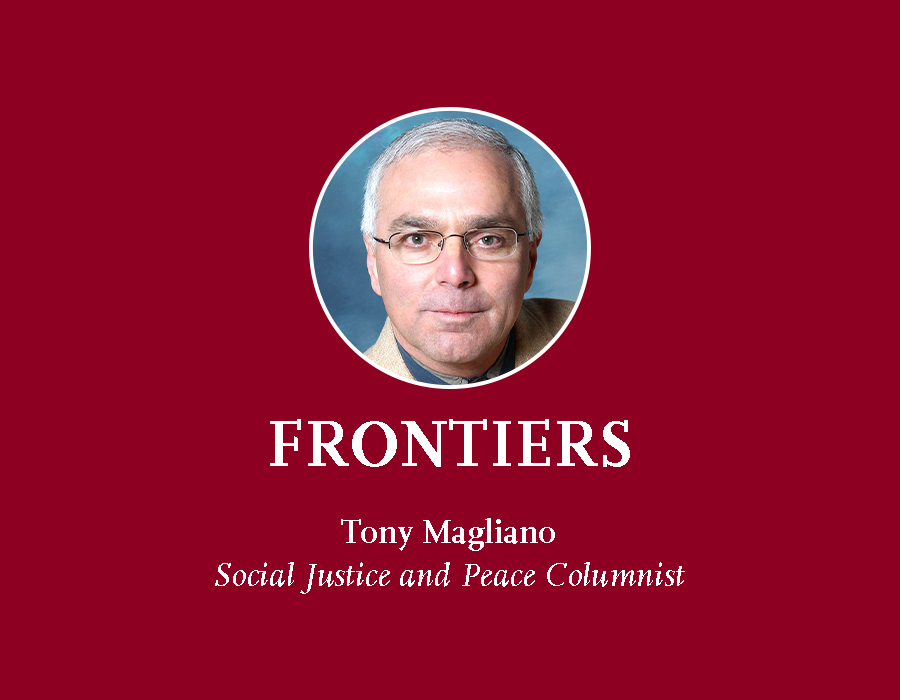The landslide victory of the new president, Benigno “Noynoy” Aquino III, was obtained on a wave of hope and nostalgia that began with an emotional tsunami during the long 8-hour funeral procession of his mother, Corazon “Cory” Aquino, last August 2009.
She was much loved, not only as the first democratically-elected woman president of the Philippines but also in Asia, and also because of her integrity. She is revered and respected by Filipinos because she helped topple the dictatorship of President Ferdinand Marcos and restore democracy in the Philippines. She ignited respect for human rights and non-violence and high hopes for an end to corruption, assassinations and forced disappearances. However, they were not widely realized in her presidency.
It is these same desires and longings that the Filipino people want to be actualized through her son. They see her integrity embodied in him. These are certainly challenging times for the new president and his administration. Against them, there is an arrayed culture of political violence and powerful elite determined to get what they want and to bring them down so as not to succeed.
Perhaps the first executive order could be “to ban all assassination teams from the armed forces, police, the militias and the death squads of local governors and mayors with special presidential enforcement units to implement it.” The culture of impunity is the attitude of entitlement that officials adopt putting themselves above the law and make their own laws with torture, summary execution, and illegal liquidations as the one punishment that fits all.
The death squads have terrorized hundreds of thousands with a reign of fear and terror and tortured and murdered hundreds of innocent people, mostly political activists, community organizers and human rights workers. According to information in Wikipedia “Counsels for the Defense of Liberties(CODAL), Philippines, a lawyers’ organization stated that since 2001, 26 lawyers and 10 judges were killed due to their professions; 755 civilians had been killed extrajudicially, while 359 survived attacks, but 184 persons were still missing. Archbishop Deogracias Yñiguez stated that, on the CBCP/Catholic Church’s count, the number of victims of extrajudicial killings is 778, while survivors of “political assassinations” reached 370; 203 were “massacre” victims, 186 missing or involuntarily disappeared, 502 tortured, or illegally arrested.
It is a long history of impunity and murder perpetuated by political and military figures that have never been brought to justice. The justice system has failed to address these crimes in the past. Last December 1, 2003, the Human Rights Committee of the United Nations concluded its investigation into the human rights situation in the Philippines and came to the following conclusion: “The Committee is concerned about the lack of appropriate measures to investigate crimes allegedly committed by State security forces and agents, in particular those committed against human rights defenders, journalists and leaders of indigenous peoples, and the lack of measures taken to prosecute and punish the perpetrators.”
Such recommendations have been ignored and the killings have continued unabated. Perhaps the most cruel and atrocious of all violations of human rights is the killing of street children. Many cities have a death squad. Some mayors give warnings over the radio for suspects to leave the city; within days, they are found murdered, some as young as 14 yeas old. There should be a law against it! There are good laws but the implementors of the law are the main suspects in violating it. What hope is there? There have been no credible convictions so the Philippine judicial system has failed.
The International Criminal Court (ICC) is the court of last resort where perpetrators can be held accountable for systematically murdering street children and youth or instigating mass killings. The Court can bring a suspect from any country, that ratified the treaty, to court on charges of war crimes, genocide and crimes against humanity. The Court can automatically exercise jurisdiction over crimes committed on the territory of a State Party or by a national of a State Party. States Parties must cooperate with the Court, including surrendering suspects when requested to do so by the Court. One hundred eleven nations have ratified the Rome Statute that set up the ICC and they met recently to vote on extending it to cover more crimes. The Philippines has signed but not ratified it. This must be done without delay.











